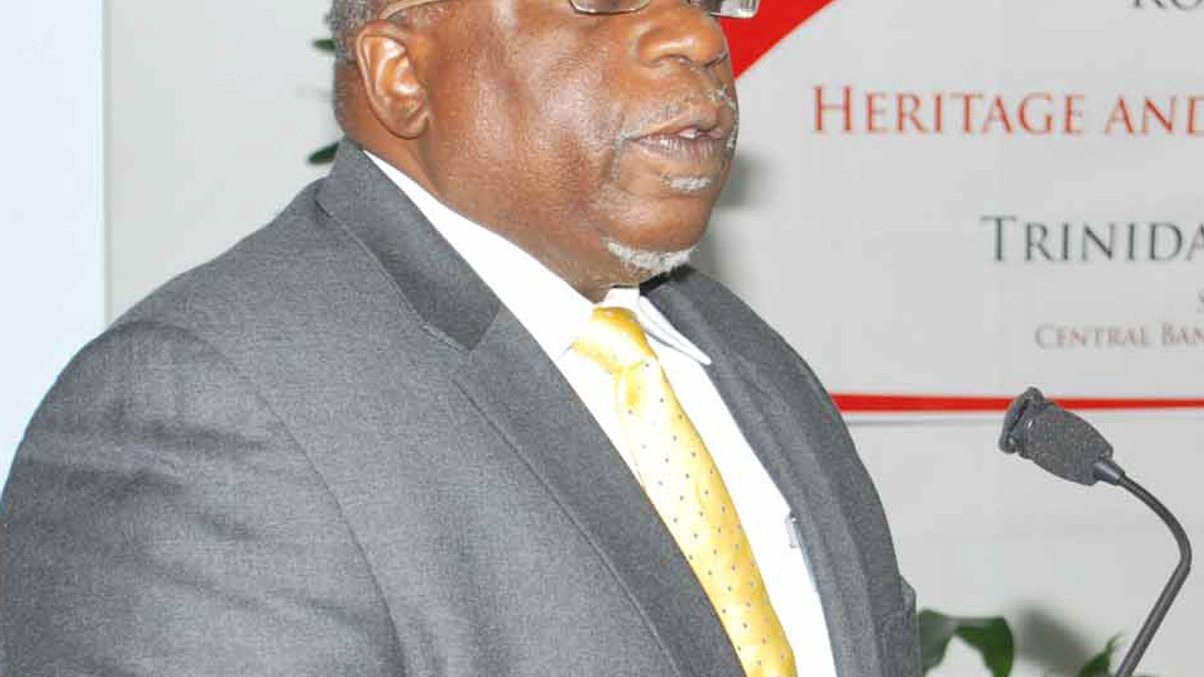For some SWFs, it ain't easy
Not all sovereign wealth funds are titans of finance. We take a side trip to Trinidad and Tobago to speak to Ewart Williams, the head of its young SWF, to understand how these institutions are evolving.

Ewart Williams is governor of the Central Bank of Trinidad and Tobago and director of the Heritage and Stabilisation Fund, a $4 billion sovereign wealth fund that was set up to secure and invest the proceeds of the country’s oil wealth. Williams had been a director of the IMF before returning to his country to run both the central bank and the fund. He was also a founding member of the SWF Forum, the IMF-led body comprising the world’s sovereign wealth funds. He remains on that board.
Sign in to read on!
Registered users get 2 free articles in 30 days.
Subscribers have full unlimited access to AsianInvestor
Not signed up? New users get 2 free articles per month, plus a 7-day unlimited free trial.
¬ Haymarket Media Limited. All rights reserved.


